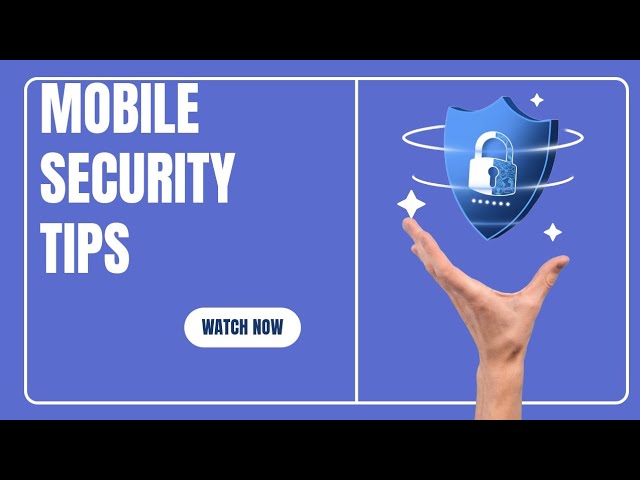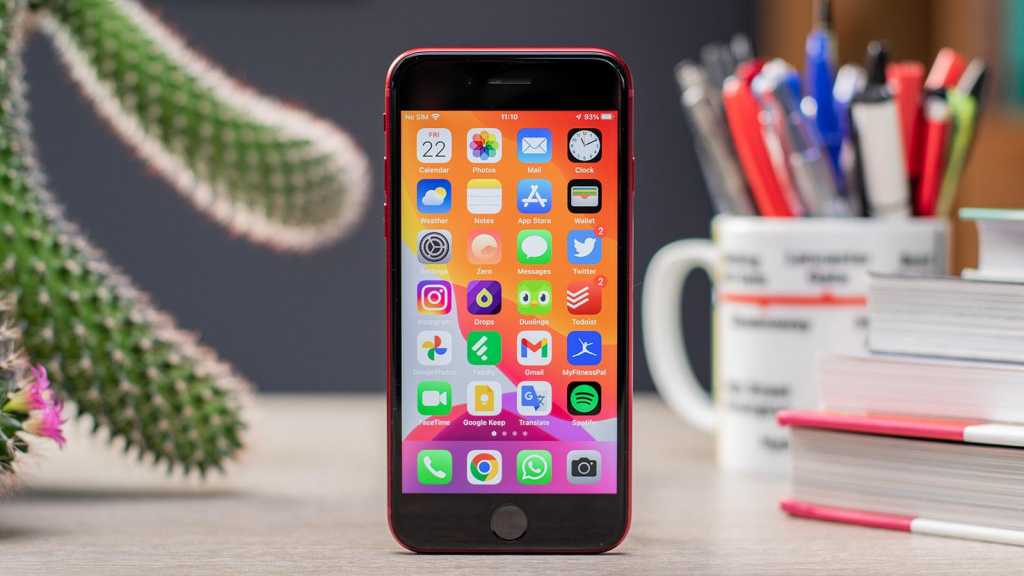In today’s digital age, our smartphones carry vast amounts of personal information, from contacts and photos to location data and even financial details. With Android being one of the most widely used mobile platforms worldwide, it also becomes a prime target for cyberattacks. Protecting your Android device from hackers and safeguarding your privacy doesn’t have to be complicated. Let’s break down some essential tips that will help keep your phone secure and your data private.
1. Install Software Updates Regularly
Those notifications for software updates that pop up on your phone might seem like a hassle, but they are essential for your Android security. Think of them as security guards for your phone. Updates often include patches to fix vulnerabilities that hackers could exploit. Ignoring them is like leaving your door unlocked for intruders.
The next time you see that update notification, don’t swipe it away. Take a few minutes to download and install the update. By doing so, you’ll be adding an extra layer of protection to your device. It’s a small step, but it has a significant impact on your phone’s security.
2. Manage App Permissions
Whenever you download an app, it asks for certain permissions—like accessing your camera, location, or contacts. While some apps genuinely need these permissions to function properly, others might request more access than they actually need. It’s your job to decide what’s necessary and what’s not.
Take a moment to review each app’s permissions and ask yourself if they really need that information. If an app doesn’t require access to certain features, revoke the permission. This way, you take control of your privacy and limit unnecessary exposure of your personal data.
3. Use Strong, Unique Passwords and Enable Two-Factor Authentication
Passwords are your first line of defense. If you use the same password across multiple accounts, it’s like using one key to open your house, car, and office. Hackers love this, as gaining access to one account often means gaining access to many others.
Always use strong, unique passwords for each account. To further enhance your security, enable two-factor authentication (2FA) wherever possible. This adds an extra layer of protection by requiring you to input a code sent to your phone or email along with your password. It’s like a security guard checking your ID twice before allowing you in, ensuring better protection for your sensitive data.
4. Be Cautious with Public Wi-Fi
We’ve all been there—sitting at a coffee shop or airport, tempted by the free public Wi-Fi. But connecting to unsecured networks can be dangerous. Hackers often exploit these public hotspots, making your data vulnerable to interception.
That’s where a VPN (Virtual Private Network) comes to the rescue. A VPN creates a secure, encrypted connection between your phone and the internet, making it much harder for hackers to track your online activity. So, the next time you’re about to use public Wi-Fi, consider turning on a VPN. It’s like putting on a disguise for your data, making it harder for anyone to spy on your online movements.
5. Stick to Trusted App Stores
One of the best things about Android is the variety of apps available. However, not all app stores are created equal. The Google Play Store has security measures in place to scan apps for malware before they become available for download. Downloading apps from unknown or unofficial sources increases the risk of infecting your phone with malicious software.
Think of it like buying food. Would you rather buy from a reputable grocery store or from a random vendor on the street? Sticking to trusted sources like the Google Play Store significantly reduces the chances of downloading harmful apps.
6. Back Up Your Data Regularly
Imagine losing your phone or having it damaged. What happens to all your photos, messages, and contacts? Without a backup, all your valuable data could be lost forever. Regular backups are essential to ensure that your personal data is safe, even if something happens to your device.
Fortunately, Android makes it easy to back up your data to your Google account. Simply go to your settings, find the backup option, and enable it. This way, even if your phone is lost or damaged, your important data will be securely stored in the cloud, ready to be restored.
7. Use Trusted Security Apps
Android users can benefit from using trusted security apps that provide real-time protection against malware, viruses, and other online threats. These apps also offer features such as phone tracking, remote wiping, and even call blocking to prevent spam or phishing attacks.
However, ensure that you’re only downloading well-reviewed, trustworthy security apps from the Google Play Store. Just like with any other app, choosing a reliable and reputable option can make all the difference.
8. Your Android Security Checklist
To make sure your Android phone is as secure as possible, here’s a quick checklist you can follow:
- Install software updates regularly: Ensure that your phone has the latest patches and updates to keep it secure.
- Review app permissions: Manage what information each app can access and revoke unnecessary permissions.
- Use strong, unique passwords: Don’t reuse passwords across multiple accounts, and enable two-factor authentication for added security.
- Use a VPN on public Wi-Fi: Protect your data from prying eyes when using public networks.
- Stick to trusted app stores: Only download apps from the Google Play Store or other reputable sources.
- Back up your data: Regularly back up your important data to your Google account.
- Install a trusted security app: Use reputable antivirus or security apps to protect your phone from malware.
By following these steps, you’ll ensure that your Android device is well-protected, giving you peace of mind as you navigate the digital world. Keep your data secure, stay vigilant, and enjoy a safe mobile experience.
Conclusion
Android security and privacy are critical in today’s interconnected world. With the right precautions, you can protect your data from hackers and ensure your personal information remains private. Whether it’s through regular updates, strong passwords, or a VPN, every little step makes a big difference. So, take charge of your Android security today and enjoy a safer, more secure mobile experience. Stay safe out there!




